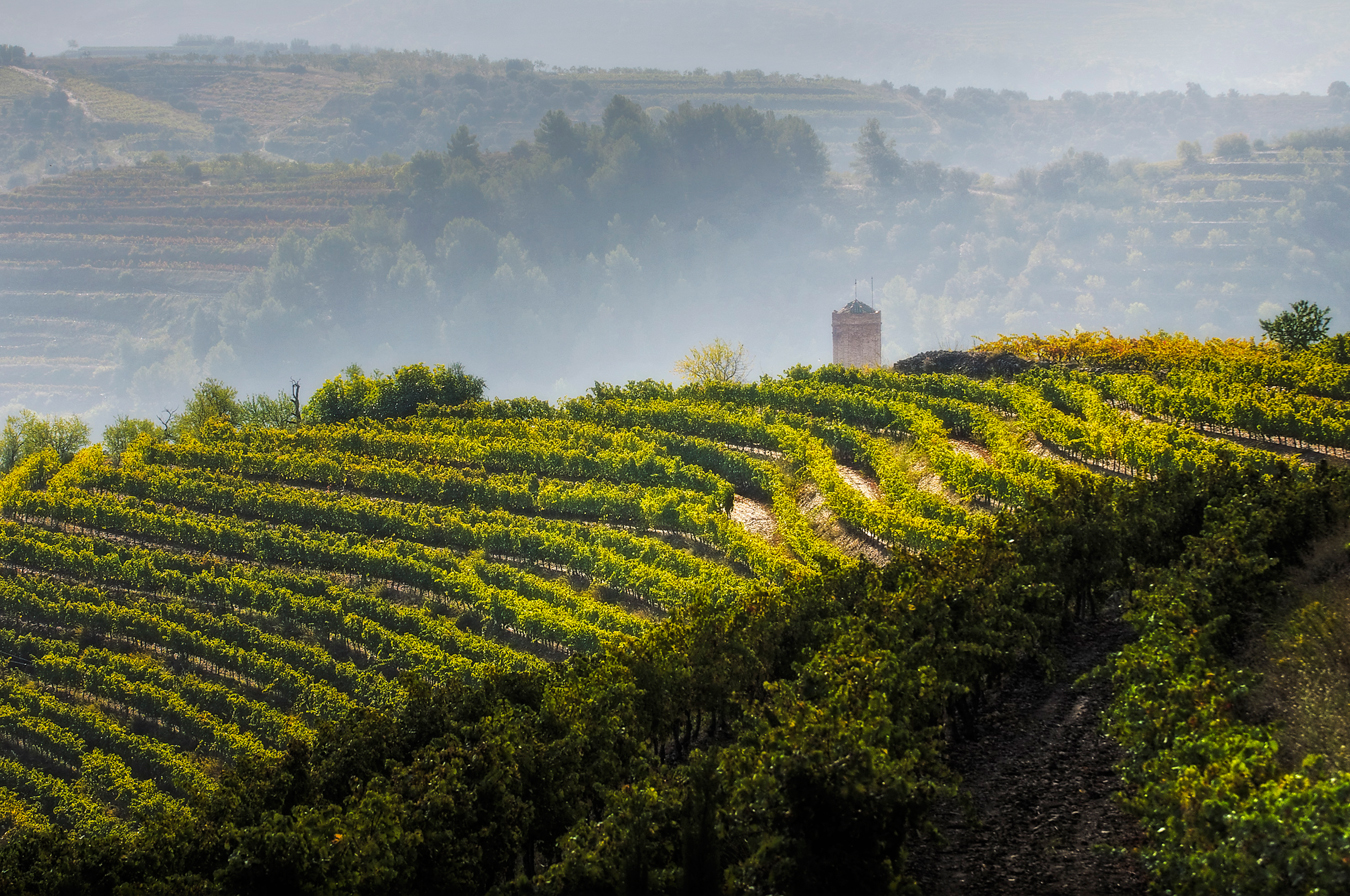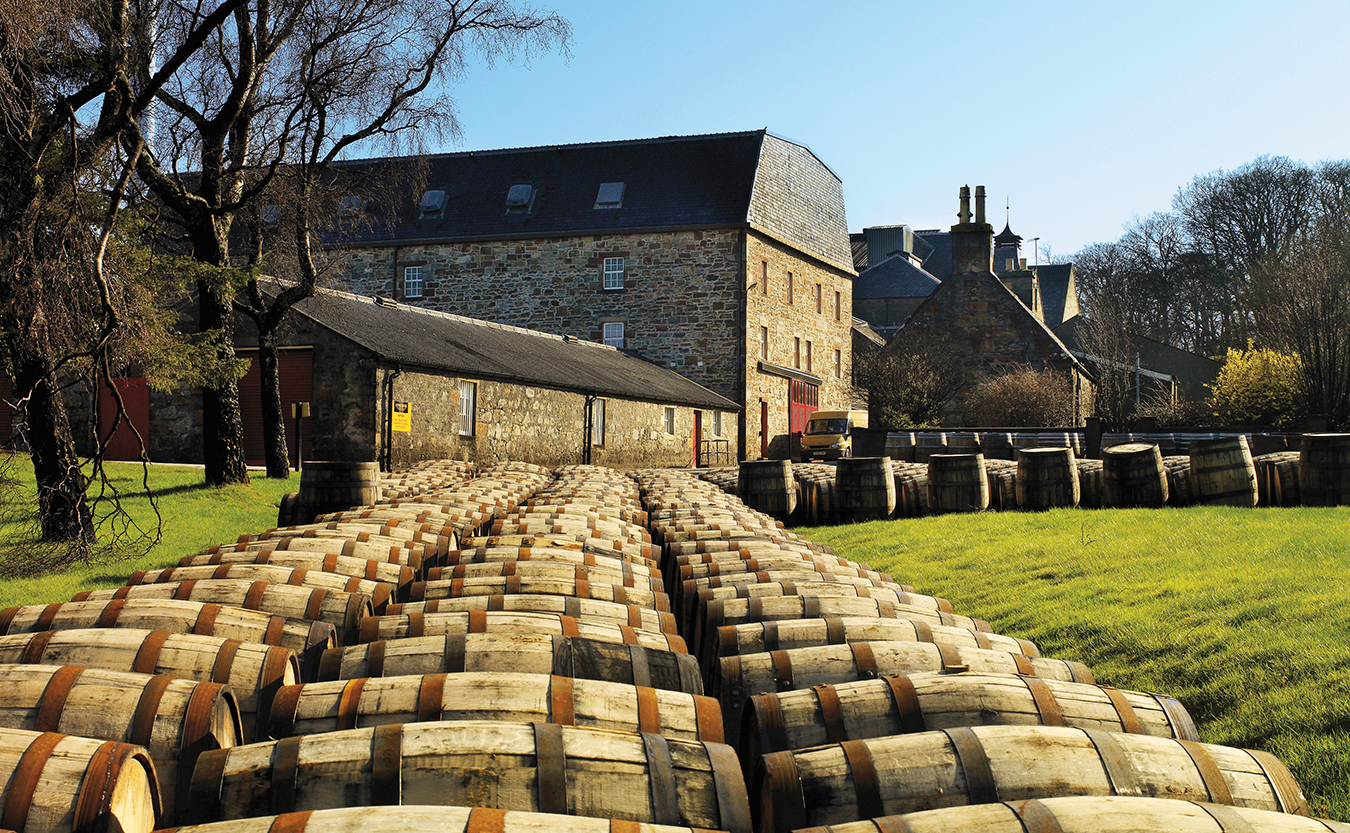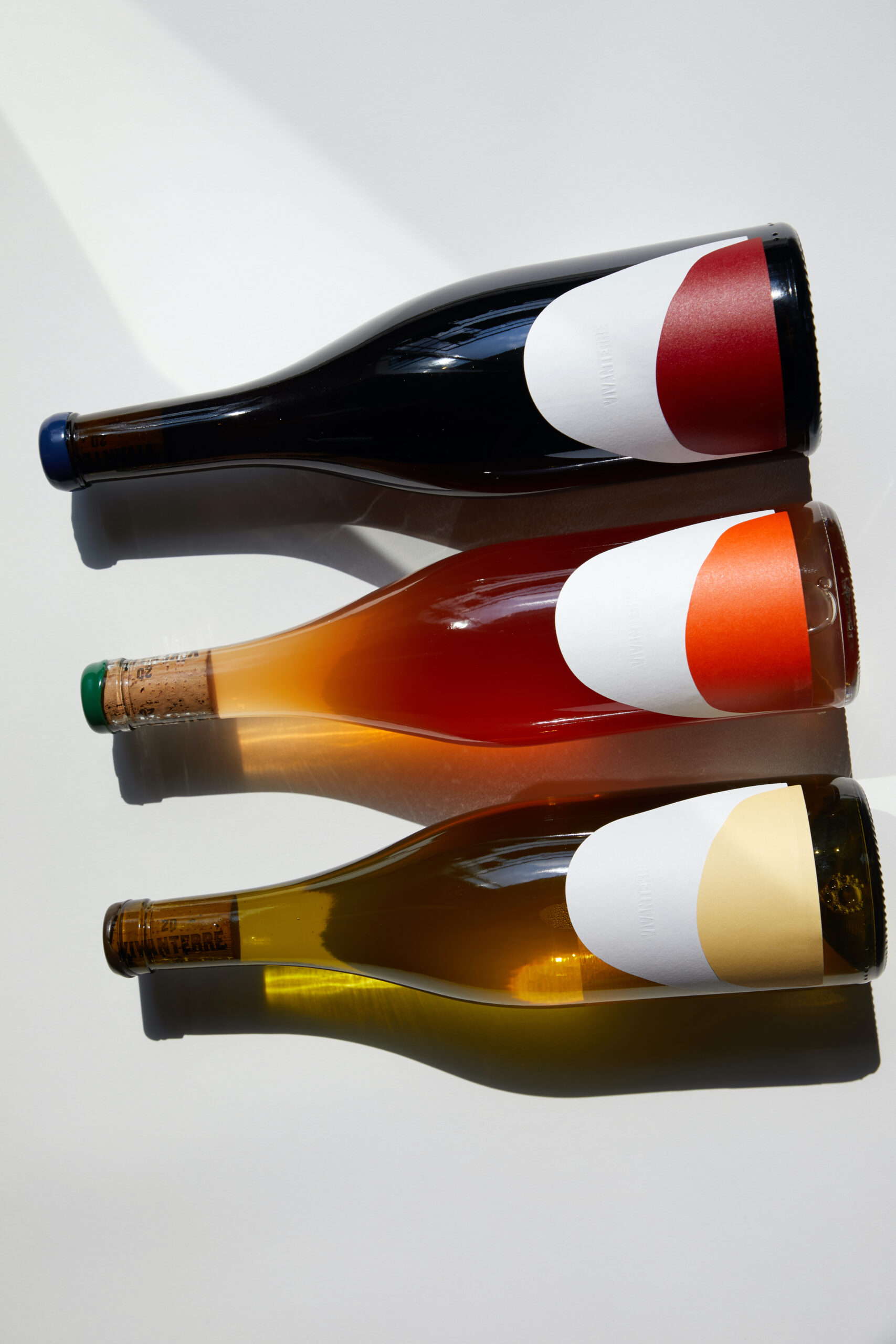Ethical Wines to Sip for Earth Day
Is there such a thing?

People’s definition of ethics is being challenged these days. In our social-distancing-stay-at-home-COVID-19-reality, the boundaries between self-interest and consideration of others are being inflamed—take the purchasing of toilet paper, for example. When it’s all said and done, it’s unclear how ethical applies to wine, but many of the wineries who claim this title are trying to do things differently, by respecting land, plants, and workers.
Winemakers agree that treating their land with the best possible care produces better wine. The caveat comes, however, when the cost to certify organic or, in some cases, even the expense of hiring additional labour for hand-harvesting, becomes too cumbersome to turn a profit.
What Is Ethical Wine?
There is no clear definition for ethical wine. There’s no formal certification or even a squiggly line drawn in the sand. It’s an umbrella term covering winemaking methods that are friendly to the environment. Some producers might think this is accomplished by sourcing lighter-weight glass bottles. Others take it a step further by practising sustainability or organic farming. Those with available revenue and resources go full-bore, certifying both their grape-growing and winemaking as organic or biodynamic—possibly experimenting with natural wine production.
Brush Up on Terms and Geography
The key to picking an ethical wine that corresponds with your values lies in knowing some of the various grape-growing methods and where they’re commonly practised. For instance, in 2014, Sonoma committed to becoming the U.S.A.’s first 100 per cent certified sustainable wine region. By the end of last year, the Sonoma County Winegrowers announced that goal 99 per cent complete.
In British Columbia, there are 40 organic certified wineries, with many more in transition, which can take up to three years to complete. A recent announcement by the Iconic Wineries of British Columbia (which includes CedarCreek, Mission Hill, Road 13, Martin’s Lane, CheckMate, and the soon-to-open Red Barn) states a goal to be certified organic within the next two years. If that happens, the Okanagan Valley will soon be home to the largest percentage of organic vineyards in the world.
Ethical Wineries to Explore
Summerhill Pyramid Winery, Okanagan Valley, Canada
Decades of organic farming have led to certifications for all its vineyards in addition to a Demeter biodynamic certification for their estate wines. Summerhill is also Canada’s only certified B Corporation winery and uses vegan winemaking principles.
Try: Summerhill Vineyard Grüner Veltliner. Texturally compelling with highlights of citrus and mineral backed by a distinct peppery layer.
Cline Family Cellars, Sonoma County, U.S.A.
Sustainable practices include using sheep and goats (2,000 in total) to control vineyard weeds and leaf the vines. Also, the winery’s roof supports 50,000 square feet of solar panels, providing 100 per cent of electricity needs.
Try: Cashmere Red (mourvèdre, syrah, and grenache blend). Seductive and intense with flavours of dark berries, chocolate, and black pepper spice.
Santa Julia, Mendoza, Argentina
In addition to sustainable and organic practices, Santa Julia is the first winery in Argentina to achieve the Fair for Life certification. This assures that the workers throughout the production line enjoy good and fair working conditions.
Try: Vida Orgánica Malbec Rosé. Strawberries and sweet red fruit flavours perfectly balanced with a lively and delicate acidity.
________
Never miss a story. Sign up for NUVO’s weekly newsletter here.








